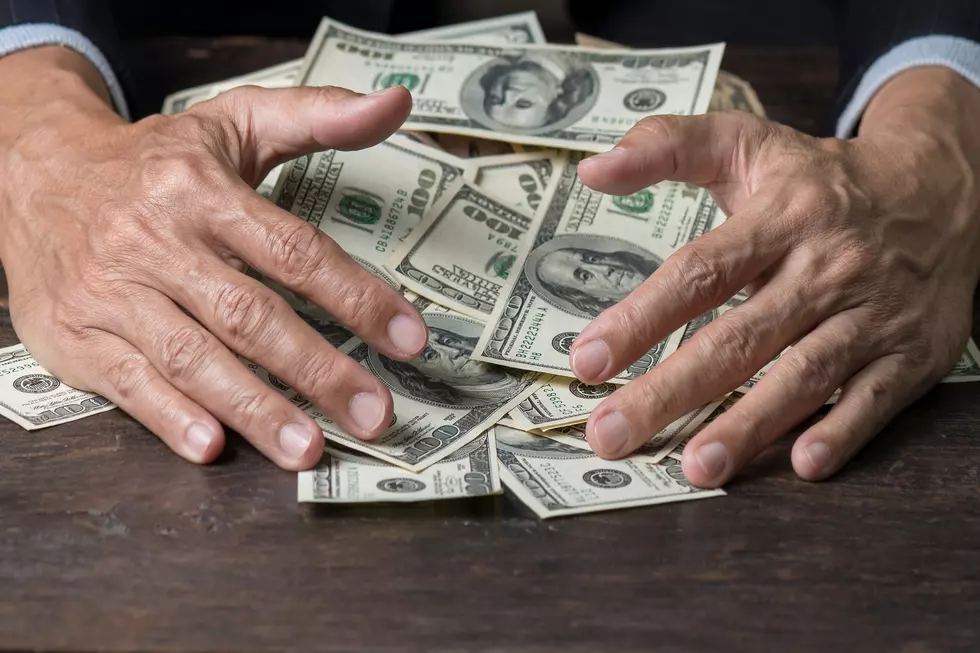
Can You Spot a Scam?
We all want to be sure that the money, time or service that we give to a charity is an honest one. The news is full of rich bankers and Wall Street types that are trying to game the system. But the truth is that there are bad people up and down the income scale. If you have a buck burning a hole in your pocket there are plenty of unscrupulous people ready to take it from you.
Greed Works
Most scams are successful because they promise the victim, or “mark” some kind of big reward for very little effort on their part. One such scam making the rounds was the “President Obama Will Pay Your Electric Bill.” All the caller needs to make that happen is your banking information and social security number. Catching the right person at the right time, and believe it or not, people give up the information because they want so badly for it to be true.
Scams can be very cruel as well. Senior citizens who grew up during more trusting times are easy prey for these online and telemarketer crooks. Scammers are very creative as well. One very creative group would scam the victim, then contact them again pretending to be law enforcement, and of course need all your financial info to find the accounts the bad guys used to steal the victims funds. A double whammy.
How to Protect Yourself
Online scams, telephone scams, mail scams can’t work without your cooperation. It takes two to tango as they say. So the rules of protection are pretty simple.
- Treat offers like politicians: If it sounds too good to be true; walk away.
- Protect Your Information: Never go to a web site from an email to buy something. Scammers can make any site look like a brand name store or operation. Always go directly to the site. If you don’t know the direct link then Google the company name.
- Keep Your Emotions in Check: I love animals so I’m a sucker for anything that makes their lives easier. I have no problem giving help to our local humane societies but national groups are another story. I will try to check them out as much as possible but normally I will try to keep my donations here.
- Check With The Better Business Bureau: There are many consumer protection services both online and locally in many cities. Do a search for these groups and keep up with what’s honest and what’s not. Check with RipOff Report, Scambusters or Consumer Fraud Reporting for current scam info.
Some Final Thoughts
There is a flood of emotions when you find you’ve been scammed. You trusted someone and they did you wrong. That’s never a pleasant feeling. But dwelling on experience does no one any good. Report what happened and perhaps you can be the catalyst to prevent the same thing happening to others.
More From KMMS-KPRK 1450 AM





![[POLL] Will You Got Back to Restaurants and Bars When They Open?](http://townsquare.media/site/8/files/2017/04/Adam-Berry.jpg?w=980&q=75)
![[POLL] Should wearing a mask in public be mandatory?](http://townsquare.media/site/8/files/2020/04/GettyImages-1213079528.jpg?w=980&q=75)
![[POLL] Will You Tune Into The Tom and Shane Saturday Show?](http://townsquare.media/site/8/files/2020/04/TomShaneFB.jpg?w=980&q=75)

